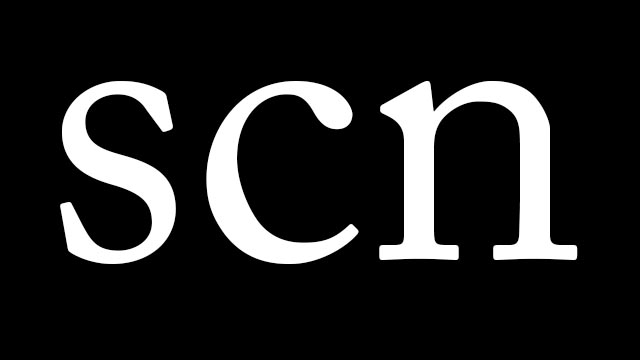The minimum wage has been a very contentious issue in many local governments and state houses, but this year, the issue could be a focal point in the presidential race. It’s important to know that for an increase in the federal minimum wage to occur, the Democrats would have to win the house and senate, which are presently controlled by Republicans, in this year’s elections. The house Republicans have been steadfastly against even considering any increase in the federal minimum wage.
There’s one big dilemma in pushing for an increase in the minimum wage. An increase may be beneficial, even necessary, in areas where the cost of living means working even 60 hours a week doesn’t allow people to cover their basic living expenses. However, in other areas, a huge increase could be counterproductive because the local economy doesn’t have enough money for businesses to make enough revenue to afford current staffing levels or consider hiring additional workers.
Both candidates have indicated they would like to increase the federal minimum wage, but by different amounts. Republican nominee Donald Trump has voiced support for a $10 minimum wage, while Democratic nominee Hillary Clinton indicates she’s in favor of a $12 federal minimum wage. She also wants to give cities and states the ability to have a higher minimum wage if they desire.
One thing to keep in mind is that even though both candidates are in favor of increasing the federal minimum wage, they’re both correct to want to leave the decision up to local governments. This has recently produced higher minimum wages in California, New York and Washington D.C and cities such as Seattle, San Francisco and Los Angeles.
Another thing to consider is that the federal minimum wage has several objectives. Obviously, the most important thing is to insure that a worker receives a fair amount of money for their labor, but the best way to describe it is that it is a way to prevent exploitation of the least skilled workers. Without a minimum wage, employers would pay workers whatever they wanted and would be able to exert significant control over their employees by lowering wages when the company felt its profits were insufficient.
The minimum wage is also very important because in recent decades, the number of workers who are members of unions has dropped significantly. That depresses wages and makes it harder for employees to gain ground.
In the next issue, we’ll compare the two candidates’ tax policies.

Leave a Reply
You must be logged in to post a comment.